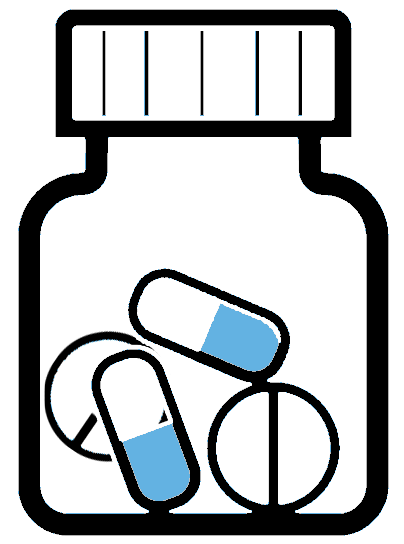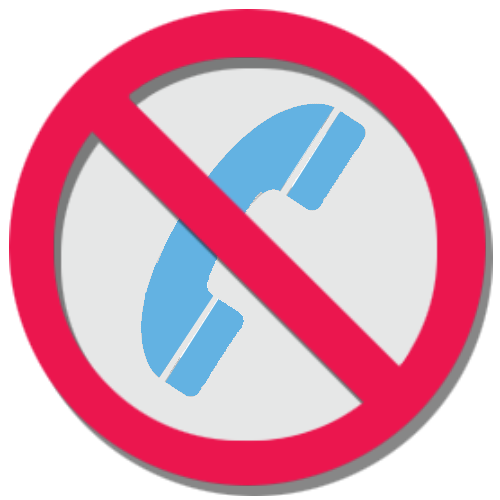How to Bill for Physician-Dispensed Pharmaceuticals

Payments for physician-dispensed drugs are some of the most misunderstood — and incorrectly denied — in workers’ compensation billing. Too often, the employer or insurer’s claims administrator denies payment based on inapplicable Physician Fee Schedule status code rules. Beyond that, the Division of Workers’ Compensation (DWC) and state legislature seem keen to discourage physician dispensing.
Regardless, physicians have permission to dispense pharmaceuticals, and to bill according to the Pharmacy Fee Schedule.
Physician’s Right to Dispense Pharmaceuticals
Workers’ compensation regulations allow California physicians to dispense pharmaceuticals. California Code of Regulations Section 9789.12.1 states:
Physicians and non-physician practitioners shall utilize other applicable parts of the OMFS to determine maximum fees for services or goods not covered by the Physician Fee Schedule, such as pharmaceuticals…
The “other applicable part of the OMFS” in this case, naturally, is the Pharmacy Fee Schedule. As (CCR) § 9789.13.3 states,
The maximum reimbursement for physician-dispensed drugs is determined pursuant to the pharmaceutical fee schedule set forth in section 9789.40.
So, physicians are allowed to dispense drugs and should be reimbursed according to the Pharmacy Fee Schedule. Notably, there is one exception to this: the reimbursement for physician-dispensed compound drugs is limited to no more than $20 dollars above documented paid costs.
In addition, physician billing for pharmacy goods which are neither prescription nor compound drugs is subject to limitations. For over-the-counter medications and medical foods, physicians are limited to 120% of documented paid costs, up to $250 dollars above cost.
Billing for Physician-Dispensed Pharmaceuticals
Physician offices should bill for physician-dispensed drugs using Current Procedural Terminology (CPT) Code 99070 and the appropriate National Drug Code (NDC) number for the drug in question.
We strongly recommend using CPT 99070, as opposed to billing codes S5000 and S0001. The latter codes are ‘‘By Report’ HCPCS, and not payable per CCR §9789.12.4 (b)(2), which states:
CPT codes that: 1) appear in the CMS’ National Physician Fee Schedule Relative Value File, and 2) do not have an RVU assigned for the service, and 3) that are payable under a fee schedule contained in section 9789.30 - 9789.70, are not payable under the physician fee schedule on a “By Report” basis.
According to the Pharmacy Fee Schedule, the maximum reasonable fee for dispensed pharmaceuticals is 100% of the reimbursement listed in the Medi-Cal payment system. Those reimbursements include the appropriate payment for the drug itself, plus a $7.25 dispensing fee (the dispensing fee is due separately for each drug dispensed).
To see the Medi-Cal reimbursement for a given drug, providers can look it up on the DWC’s pharmacy fee schedule page using the drug’s 11-digit NDC number. For simple prescriptions, use this page. For compound prescriptions, bear in mind that physicians may only bill for documented paid costs, plus a maximum of $20.00 The DWC page also allows providers to search using 10-digit NDC numbers. |
If an employer or insurer’s claims administrator incorrectly denies payment for compliantly physician-dispensed and billed drugs, request second review. Be sure to follow compliant second review procedure, including the mandated deadline of 90 days from the date of service to submit your SBR-1 and attendant documents.
If the claims administrator cites Physician Fee Schedule regulations as the reason for denying CPT 99070, be sure to include the following language with your second review appeal:
The NDC number billed for this date of service is valid and payable. Per OMFS § 9789.40(a) Pharmacy Fee Schedule, the maximum reasonable fee for pharmaceuticals and pharmacy services is 100% of the reimbursement prescribed in the relevant Medi-Cal payment system, including the Medi-Cal Professional fee ($7.25) for dispensing.
Per § 9789.13.3 reimbursement for Physician Dispensed Drugs is calculated using the Pharmaceutical Fee Schedule §9789.40.
§ 9789.40 Pharmacy Fee Schedule does not include billing instructions and does not utilize CMS Status Codes to determine reimbursement amounts, therefore, CPT code 99070 is not "bundled" into other paid services.
Be Aware: Pharmacy Billing Complications
The DWC pharmacy fee schedule page is a convenient tool, however, it has some shortcomings. If your office is not using a dedicated workers’ comp billing software, you’ll have some extra legwork to do!
- First, the DWC updates NDC numbers and corresponding reimbursements weekly, using updated pricing information from Medi-Cal. The DWC does not provide any notice of a change in prices. Therefore, it’s important to check for the latest reimbursements before billing. DWC billing updates occur every Wednesday.
- Also, the DWC only provides reimbursement information for new and existing NDC numbers. The DWC website does not offer reimbursement rates for expired NDC numbers, even though providers may need this information to bill for dates of service that preceded the expiration.
-
Finally, not all drugs are listed in the Pharmacy Fee Schedule. Some “repackaged” drugs do not have an NDC number. In such cases, CCR § 9789.40 instructs providers to use the NDC number of the “underlying drug product from the origin labeler.” The DWC defines the “underlying drug” as the drug product “actually utilized by the repackager in producing the repackaged product.”
In the event that even the “underlying drug” has no listed NDC number, the regulations mandate that reimbursement is 83% of the average wholesale price of the lowest priced therapeutically equivalent drug, as found in the FDA Orange Book.
Impact of MTUS Drug Formulary
Effective January 1, 2018, California adopted an evidence-based drug formulary as part of the Medical Treatment Utilization Schedule (MTUS). Drugs are classified as either “exempt” or “non-exempt.” Pharmacies may dispense exempt drugs without prospective utilization review (UR), while non-exempt drugs (and all drugs not included in the list) now require UR authorization.
For their part, physicians are even more restricted in their ability to dispense drugs without prospective UR.
According to the DWC’s recent webinar on the formulary, the Division worries that “physician dispensing may sometimes be influenced by financial incentives.” Therefore, even “exempt” drugs may require prospective UR in order for a physician to dispense. There are 3 circumstances under which physicians may dispense without prospective UR:
|
Although the rules permit physician dispensing, the DWC clearly does not encourage it. In addition to the above restrictions, many MPN contracts preclude the dispensing of medication by the physician, regardless of the rules. Providers should read their network contracts carefully, as violations may be grounds for removal.
Billing for physician-dispensed pharmaceuticals (especially without specialized workers’ comp billing technology) has its challenges. But without question, physicians reserve this right. Know the rules, know your rights, and your office can dispense and bill with confidence.
DaisyBill’s Billing Software automatically calculates the correct reimbursement for all physician services, including dispensed pharmaceuticals. Our database even saves and stores legacy NDC numbers deleted by the DWC.
Schedule a free demonstration, and see how much hassle we can take out of the equation.
REQUEST DEMO
DaisyBill provides content as an insightful service to its readers and clients. It does not offer legal advice and cannot guarantee the accuracy or suitability of its content for a particular purpose.




